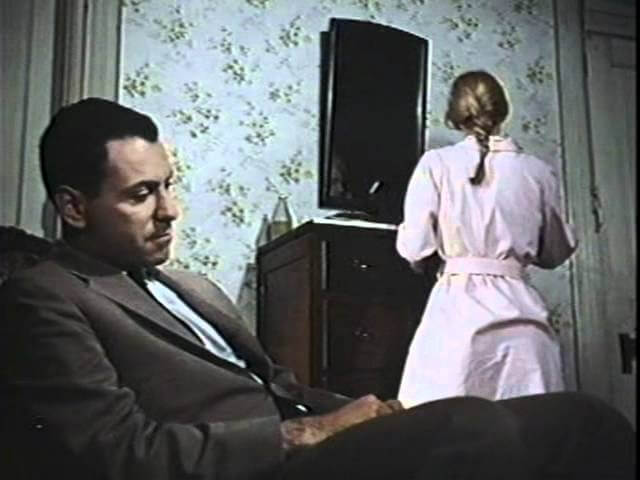R.I.P. Sondra Locke, Oscar-nominated star of The Heart Is A Lonely Hunter and Every Which Way But Loose

Sondra Locke has died. An Oscar-nominated actress and director who rose to acclaim after being discovered in a nation-wide talent search, and whose career would become inextricably, and often painfully, intertwined with that of her ex-lover, Clint Eastwood, Locke brought life and energy to any number of successful Hollywood hits—and a strange, surreal sense of humor to her occasional directorial efforts.
Born in Tennessee, the studious Locke was elevated to national status when she was chosen in a search to find the female lead for Robert Ellis Miller’s 1968 adaptation of The Heart Is A Lonely Hunter. Starring opposite Alan Arkin, Locke received an Oscar nomination for Best Supporting Actress for her role as Mick Kelly, a young girl with a love of music who slowly warms up to Arkin’s character. The movie’s critical and commercial fortune led to a newly forged film career for Locke, who followed it up with appearances in William Fraker’s A Reflection Of Fear and the box-office hit/psychological rat thriller Willard.
In 1975, Locke began a relationship that would, in many ways, define large swathes of the next 20 years of her career: a long-time romantic entanglement with Eastwood, already a well-established force in the industry.. The pair reportedly met during the casting of the Eastwood-directed romance drama Breezy, about a middle-aged man who ends up in a romantic relationship with a teenager. Although Locke didn’t get the part—at a mere 14 years Eastwood’s junior, she was judged too old to play the title role, opposite William Holden—but the two would reunite on the set of The Outlaw Josey Wales, quickly falling into a romantic and creative partnership.
Ultimately, Locke would make six movies with Eastwood, from the orangutan shenanigans of Every Which Way But Loose, to the gritty revenge violence of the fourth Dirty Harry movie, Sudden Impact. Indeed, with the exception of a few sporadic projects, she worked with no one else through this period of her career, at least until 1986, when she embarked on her directorial debut, the bizarre Hollywood fable Ratboy.
In later interviews, Locke said that she thought that the film—about a self-involved L.A. publicist (Locke herself) attempting to profit off of a young man born with a rat’s face—was the beginning of the end for her relationship with Eastwood, whose production company produced the movie. “In hindsight, I believe that he really did not want me to direct. The dynamic of our relationship entirely shifted. He had been the director and I was the actor. You know, he was the one in charge. And I think that he just did not want me to direct.”
Locke and Eastwood ended their relationship in 1989, leading her to bring a palimony suit against him. That, in turn, led to a second suit a few years later, when she alleged that the deal he’d negotiated with Warner Bros. to discharge their obligations to each other was essentially a fake, after the studio rejected every single film she pitched as part of the agreement. She eventually settled with both her ex and the studio, spending the rest of her career mixing directing with occasional production and acting work. (As recently as three years ago, she was credited as a producer on Eli Roth’s Knock Knock.) Still, the most productive years of her career functionally ended when she and Eastwood split, and it’s always been a point of contention how deliberate that was on the superstar’s part.
It is of the nature of celebrity to obscure, and to distract. For instance, it’s impossible to say, in hindsight, what Sondra Locke’s career would have looked like if she had never met Clint Eastwood, had never been pulled from an already celebrated acting career into the orbit of one of Hollywood’s most relentlessly successful men. For a time, the two brought out the best in each other—there’s an easy charisma to their roles together in the Loose movies that owes far more to their chemistry than to the antics of a friendly ape—but to render her as some sort of “muse” to him reduces the craft of her work, and the strange, subversive undertones she brought to it. Some people simply haunt you—it’s presumably a mixture of marketing savvy and irresistible force that saw Locke title her autobiography The Good, The Bad, And The Very Ugly—but those ghosts shouldn’t be allowed to overshadow the work Locke did throughout a weird and fascinating career.
Locke reportedly died last month. She was 74.